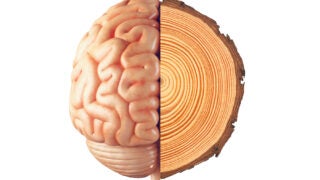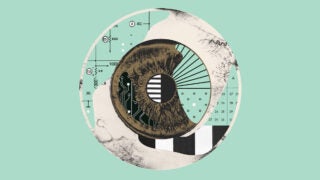A USC-led study could potentially help identify people at risk for poorer post-stroke outcomes.
Neurosciences
News Listing
The study — part of the USC-based, global ENIGMA Consortium — looks at brain aging and Alzheimer's to identify predictive markers, better understand prognoses and support personalized risk evaluations.
AI-powered analysis developed at USC accurately reflects risk of cognitive decline and Alzheimer’s disease based on brain age.
USC scientists are the first to identify patterns of white matter connectivity exclusive to core autistic symptoms, pointing out a potential flaw in previous autism neuroscience research.
USC research led by Andrei Irimia shows how traumatic injuries increase the brain’s “biological age” and highlights the need for early monitoring.
Researchers studying a protein that is strongly linked to the psychiatric disorder are the first to determine its function.
Electronic eyes, robotic arms and exoskeletons? USC experts meld man (and woman) with machine.
The $3 million study will unite researchers and data from 20 countries to answer some of the most pressing questions about Parkinson’s disease.
The ABAT enzyme helps cancerous medulloblastoma cells feed and survive, according to a study led by the USC Brain Tumor Center and the Norris Comprehensive Cancer Center.
Despite high levels of inflammation, the Tsimane people in Bolivia are unique for their healthy brains that age more slowly, a USC study finds.







